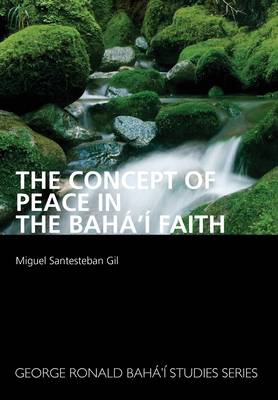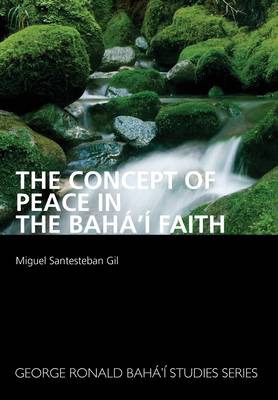
- Retrait gratuit dans votre magasin Club
- 7.000.000 titres dans notre catalogue
- Payer en toute sécurité
- Toujours un magasin près de chez vous
- Retrait gratuit dans votre magasin Club
- 7.000.000 titres dans notre catalogue
- Payer en toute sécurité
- Toujours un magasin près de chez vous
Description
Peace is a major defining theme in the writings of the Bahá'í Faith, ranking second only to unity, of which it is said to be the outcome, and is often placed before justice.
The fundamental truth of the Manifestations is peace. This underlies all religion, all justice. The divine purpose is that men should live in unity, concord and agreement and should love one another. 'Abdu'l-Bahá
At all times and in all ages of the world, religion has been a factor in cementing together the hearts of men and in uniting various and divergent creeds. It is the peace element in religion that blends mankind and makes for unity. 'Abdu'l-Bahá
This book highlights one element in the trilogy of unity, justice and peace that arguably sits at the core of Bahá'í beliefs, through an analysis of the relevant texts of Bahá'u'lláh, 'Abdu'l-Bahá, and Shoghi Effendi. By bringing the texts into sharper focus, rather than privileging the sociological or even the historical, it is hoped that the various ideological components of the concept of peace in the Bahá'í religion will be brought to sharper relief under a different light. The study explores the logical, anthropological and ethical extensions of the key theme of peace as it moved from one stage to another in the development of a young religion heavily invested in the world.
Framed as a contribution to intellectual history, the question ultimately addressed is: what kind of peace, human nature and general morality did the key authors envisage when they made some of their weightiest proclamations on peace?
Spécifications
Parties prenantes
- Auteur(s) :
- Editeur:
Contenu
- Nombre de pages :
- 360
- Langue:
- Anglais
Caractéristiques
- EAN:
- 9780853986508
- Date de parution :
- 10-01-22
- Format:
- Livre broché
- Format numérique:
- Trade paperback (VS)
- Dimensions :
- 170 mm x 244 mm
- Poids :
- 571 g







